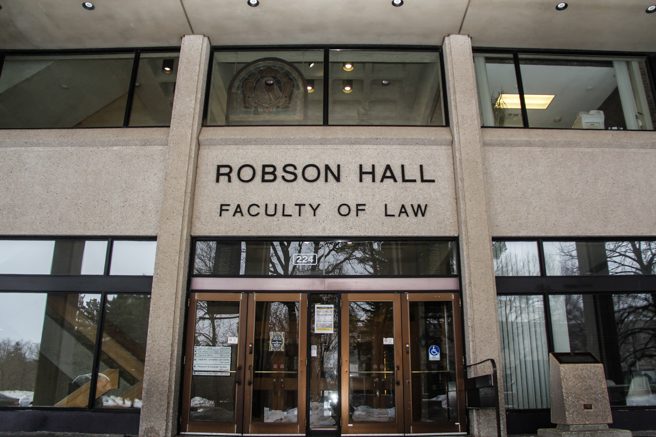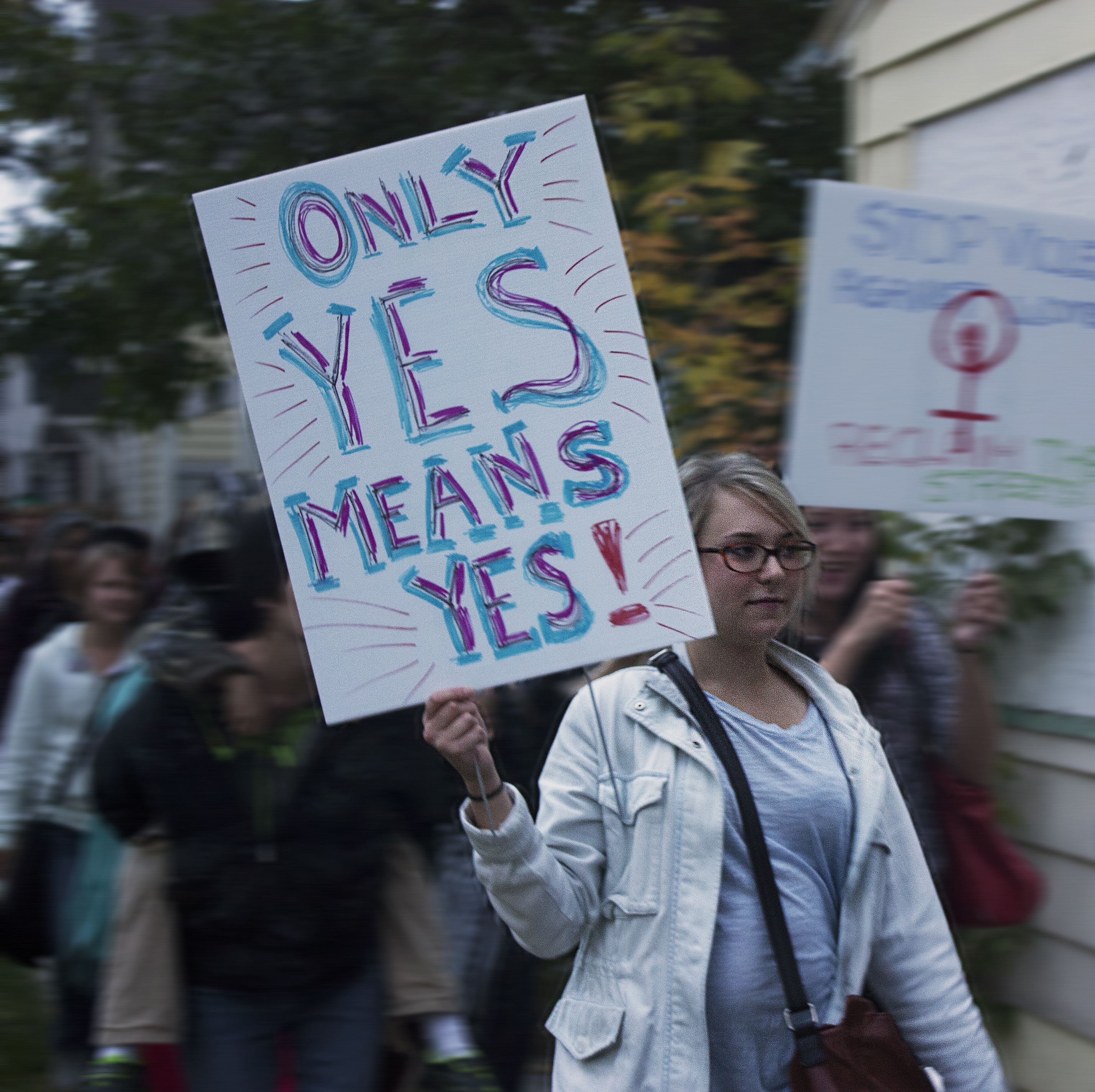Lawyers often caution students that law school is absolutely nothing like practising law. On one level, this is uncontroversial; learning about abstract, general principles and the rules of law are necessary. Doing so, however, is fundamentally different than having clients walk into an office with unique legal issues on a day-to-day basis.
That said, if the majority of graduates intend to practise law, shouldn’t the focus of law school be, as much as possible, to prepare students for it? I believe so.
An obvious solution is to bring in more practising lawyers to teach practical, hands-on, experiential courses. To the Robson Hall faculty of law’s credit, there are a number of practising lawyers that teach both as sessional instructors and volunteers. There are also some courses offered – such as clinical administrative law – that focus on training students in “lawyering skills.”
A challenge with sessional instructors who are practising lawyers, however, is that they are often busy being lawyers. Many lawyers understandably do not have time to come to law school to teach an entire course. And although sessional instructors are paid very little, relatively speaking, another challenge is securing the financial resources to compensate them for their time. As such, the law school relies a great deal on volunteers from the legal community.
Short of moving the law school downtown, an idea that my colleague Benjamin Wickström entertained in a recent article in the Winnipeg Free Press, the question is, how can the law school incorporate more practising lawyers into the curriculum in a time-efficient and cost-friendly way?
In both second and third year, students are required to complete at least one “perspective course” involving a written paper comprising of a minimum of 7,500 words that is worth at least 60 per cent of the final grade. The in-depth subjects are mostly based on the particular interest and area of expertise of professors. This includes courses such as “Law and Pop Culture,” “Children and the Law,” “Aboriginal Land Claims,” and “Religion and the Law.” Students may, however, complete the writing component by proposing an independent research paper to any professor, with some restrictions, on a subject of their choosing within their specialty. This option allows the student some level of flexibility.
Rather than focusing on esoteric legal studies, students should be able to approach practising lawyers in specific areas of law and write a research memo based on real-world legal issues. This option comes with a number of desirable outcomes for students, the legal community, and the law school.
Since the program would be voluntary, no additional cost is incurred to the law school. The time commitment for the lawyer is minimal because communication between the lawyer and student is limited to in-office meetings, phone calls, and emails. It is also an opportune way for students to network with perspective employers and for firms to “kick the tires” of students before offering them an articling position. But, most importantly, students would receive invaluable practical legal training in an area of legal interest before they commit to articling and a firm.
This proposal is not without hurdles. For example, there are legal questions about whether or not firms could use research produced by the student upon submission. Can the law school ensure that the memos written are marked fairly and up to the academic standards required by the university? Could a student that is already employed by a law firm receive credit for research that they produce for it?
As long as it is not client-specific, the use of general research would be a small incentive for lawyers and firms to participate in the program. If the administration is concerned about fairness and academic standards, a supervising professor could be assigned to review the memos. The memos could also be assessed based on the often-used pass/fail criteria to address any issue of fairness. Also, to be fair to all students, those that are employed would not be able to do research for their own firm for credit. It would be reasonable, however, to allow them to do so for other lawyers or firms.
There are time-efficient and cost-friendly ways to make legal education more practical, flexible and hands-on to better prepare students for actual legal practice. It only requires an open mind, creativity, and the administrative will to see it through.
Kyle Mirecki is a third year student at the Robson Hall faculty of law.




